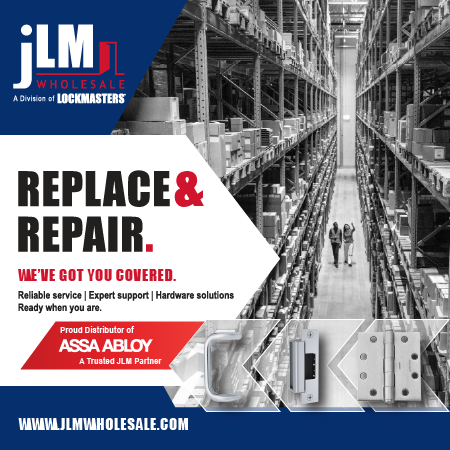All companies must have current and adequate insurance coverage, but the insurance marketplace can be confusing, making it hard to know if you have what you need. Consider the following practical guidelines when selecting insurance.
If you’re a consultant…
Professional liability concerns typically involve the economic impacts that flow from allegations of faulty design or product specification. Today’s design and consulting professionals also need to concern themselves with coverage for their roles in active site management and technical building science; things that might not be covered by a standard design or E&O policy. Add economic targets like project delivery, building commissioning or branded environmental ratings, and the insurance selection process becomes even more complicated.
When heading to the insurance market for project-specific or broad-practice policies, every design or consulting professional should conduct a critical assessment of the roles they play and then shape their policies to protect them for those actions. A good broker and some honest disclosure about scope of work can help ensure that an insurance policy is available when needed.
For glaziers…
Installers often have state or other jurisdictional requirements that specify minimum types and amounts of coverage. Complying with these minimums cannot be overlooked.
Beyond the minimum, glaziers regularly face demands to name builders or owners as additional insureds on their policies. Most feel secure turning these requests over to their brokers. Not so fast. Brokers can ask the insurance carrier and underwriting groups to consider the additional insured request, but a request is not authority. Specific policy conditions, submittal requirements and policy endorsements all have varying requirements for obtaining approvals. Most carriers will not honor the obligation without technical compliance.
Requests for additional insured status and the needed scope of that coverage should be parts of renewal. Evaluate the scope of these contractual demands so that when heading to market the policy can be shaped to ease contractual compliance. Remember, the builder or owner may look to the company to pay for the missing insurer if a policy will not cover an alleged loss.
If you’re a manufacturer…
Standard commercial policies have historically proven to be a virtual catchall for most manufacturers. Allegations of damages due to product failures often brought in conjunction with larger project claims can form the bulk of productrelated loss runs. But insurance is a means to protect all assets, not simply a backstop to catastrophic loss.
Real estate and production assets must be properly assessed for property coverage, but it is also essential to maximize business interruption coverage to ensure there is no gap between a property loss and resumption of production.
Gaps must also be avoided when addressing design, advertising and proprietary processes. Coverage for copyright, patent and trademark is not generally found in most general commercial lines.
Finally, your personnel are your most valuable asset. Be flexible with worker’s compensation plans and administration. There are various plans, levels and administration schemes for required worker’s compensation and disability coverage. Seek out one that fits your company and its resources.
To company owners…
Staying current with the insurance market can help address property and casualty concerns like those above. But specialty lines can prove essential to those with executive or ownership interests.
Many companies have relied on Directors and Officers (D&O) coverage to protect those trying to develop and implement a company’s goals, but there can be gaps in who and what falls within the D&O policy. For that reason, Fiduciary Liability coverage is gaining in popularity, thanks in no small part to the Affordable Care Act and similar regulations requiringcompanies to handle insurance and financial obligations on behalf of their employees. Both D&O and Fiduciary lines can protect a company and its executives from third-party claims targeting how business decisions are made and how benefits are provided.
Beyond the purchase of insurance, owners should get to know their brokers and the underwriters. Ownership is in the best position to represent the company, its history, goals and vision to those who will prepare and provide the coverage the company needs. These relationships can help ensure proper coverage and ease the claim process. Good relationships and claim experiences can also help companies gain access to coverage and carrier alternatives that might benefit their bottom line. Relationships matter, and the insurance business is no different.


